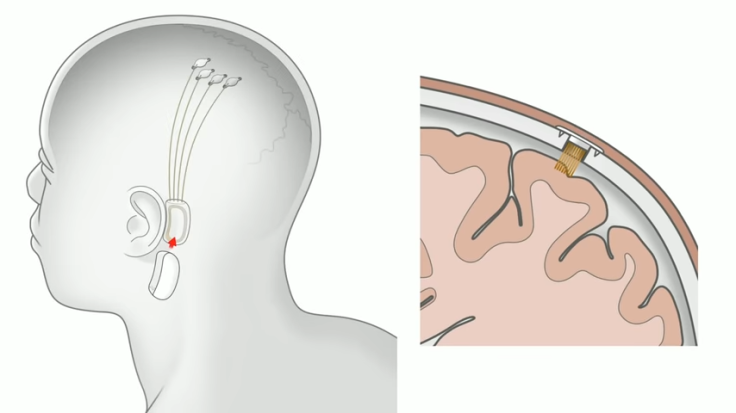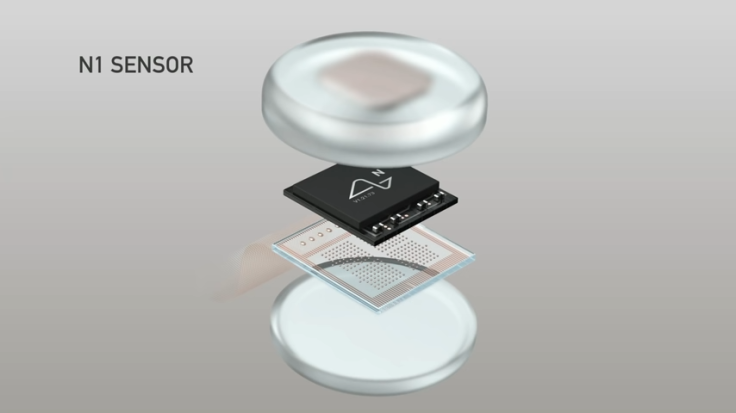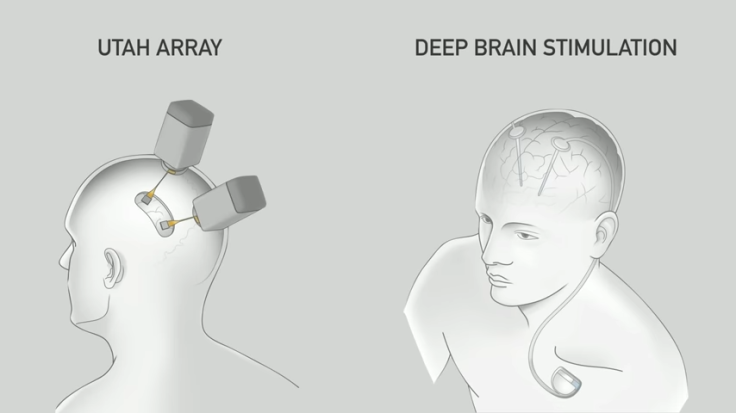Wary Experts Sound The Alarm As Musk's Neuralink Inches Closer To Human Brain Chip Implantation
KEY POINTS
- Neuralink recently posted a job listing for a clinical trial director
- Many believe Neuralink is inching closer to its first human clinical trial
- Neuralink has not yet received FDA's approval
Elon Musk-owned Neuralink raised hackles when a job ad for the neurotechnology company was seen as proof that it was moving towards experimenting with chips implanted into human brains even before obtaining regulatory approvals.
Neuralink has said it is working on technology that could enable people operate computers using only their thoughts. However, some experts and scientists are uneasy about the ambitious project at the hands of a for-profit company and the possible intrusion of Big Tech into the human brain.
Musk said in December that his neurotechnology company could begin its first human brain implant in 2022 despite pending approval from the FDA.
He also said the technology would be able to restore full-body functionality for persons with spinal cord injuries. "We hope to have this in our first humans — which will be people that have severe spinal-cord injuries like tetraplegics, quadriplegics — next year, pending FDA approval," he said at the The Wall Street Journal's CEO Council Summit.
The latest outrage was sparked by a job ad for a clinical trial director to manage Neuralink's first set of human subjects. Reports suggested that the neurological tech company could be preparing for human trials as early as this year.
"As the clinical trial director, you’ll work closely with some of the most innovative doctors and top engineers, as well as working with Neuralink’s first clinical trial participants,” reads the job description.

Neuralink has not responded to an email from International Business Times, sent outside of business hours, seeking its response on this issue. This report will be updated when we get a response.
The company has previously tested the technology on pigs and monkeys and the job listing is probably an indication of the company looking to take the technology to the next level. But it seems that many experts are uncomfortable at the pace with which Musk is moving toward his goal.
"I don’t think there is sufficient public discourse on what the big picture implications of this kind of technology becoming available are," Dr. Karola Kreitmair, assistant professor of medical history at University of Wisconsin, told Daily Beast. "I worry that there’s this uncomfortable marriage between a company that is for-profit," she further told the website.

The ethics surrounding Nueralink's technology is still unknown territory. Scientists are wary about how the company's products genuinely meant to help patients with disabilities, could be used for profit.
"If the ultimate goal is to use the acquired brain data for other devices, or use these devices for other things — say, to drive cars, to drive Teslas — then there might be a much, much bigger market," Dr. L. Syd Johnson, associate professor at the Center for Bioethics and Humanities at SUNY Upstate Medical University, told Daily Beast. "But then all those human research subjects — people with genuine needs — are being exploited and used in risky research for someone else’s commercial gain," she added.

Other experts are worried that Musk is just saying anything to hype his products but beneath it all, he is nothing but a businessman driven to make profits. "With these companies and owners of companies, they’re kind of showmen," Dr. Laura Cabrera, neuroethics researcher at Penn State, told Daily Beast. "They’ll make these hyperbolic claims, and I think that’s dangerous because I think people sometimes believe it blindly," she added.
© Copyright IBTimes 2025. All rights reserved.




















